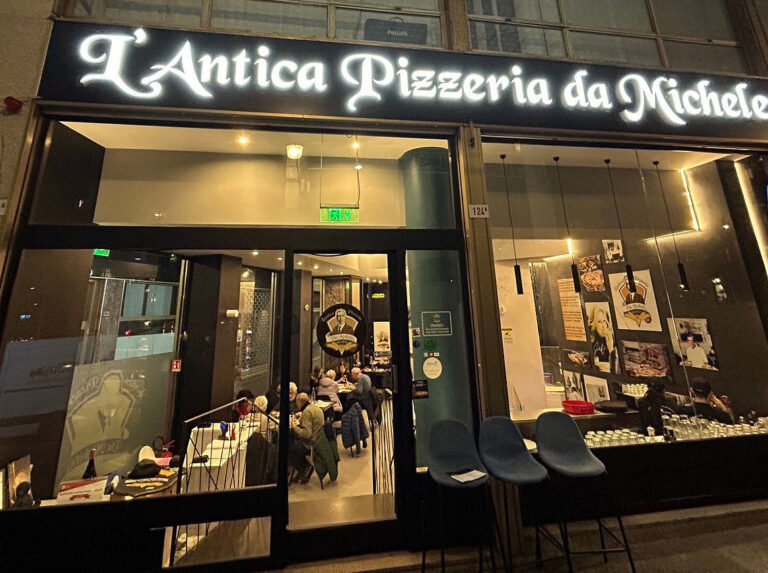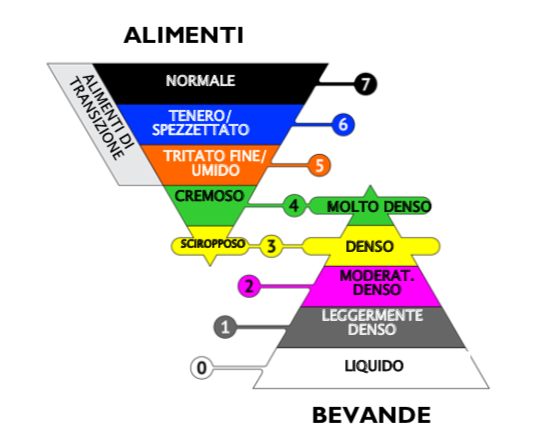Esistono molti studi di ricercatori riguardo il rapporto delle persone affette da demenza con il cibo e il modo in cui queste lo percepiscono. Tutti convergono sul fatto che mangiare non abbia unicamente una funzione biologica, ma rappresenti un’esperienza di incredibile rilevanza. A spiegare chiaramente in prima persona i vari aspetti che ruotano attorno al cibo e all’azione di mangiare ci ha pensato Wendy Mitchell, la quale nel libro “What I wish people knew about dementia” descrive come la malattia ha cambiato il suo rapporto con il cibo.
“Puoi dirmi un segreto e lo terrò sempre perché semplicemente non lo ricorderò. Ma una cosa che non dimentico mai è che il cibo per me significava molto di più di adesso”, così Mitchell introduce l’argomento cibo nel suo racconto in prima persona su come vive la demenza.
Diversi significati del cibo
All’interno di qualsiasi cultura, il cibo assume un significato molto importante in quanto si fa portatore di tradizioni culinarie sviluppate e tramandate nel tempo strettamente collegate con il territorio, i suoi sapori e la sua comunità. In altre parole, il cibo, oltre ad essere collegato al piacere sensoriale, gioca un ruolo molto importante a livello sociale – basti pensare che il momento del pasto è anche un modo per scandire il tempo – e affettivo. Infatti, molto spesso i nostri ricordi associano sapori, ricette e cibi a determinati ricordi d’infanzia e a momenti di convivialità.
Mitchell descrive questo aspetto così: “In questi giorni devo persino impostare sveglie sul mio iPad per ricordarmi di mangiare: la parte del mio cervello che sente la fame ha smesso di funzionare molto tempo fa. Eppure, quando non provi più piacere dal cibo, ti rendi conto che è molto di più. È il modo in cui mostriamo amore come genitori, è il modo in cui ci leghiamo con gli amici, è una scusa per aver detto la cosa sbagliata, è un benvenuto nel quartiere”.
E aggiunge: “Anche quando nel 2014, all’età di 58 anni, mi è stato diagnosticato l’Alzheimer ad esordio giovanile, ho usato il cibo in modo da addolcire i momenti amari che sono seguiti”.
La demenza cambia non solo le abitudini alimentari ma anche quelle culinarie
Quando si è affetti da demenza, non cambiano solo le abitudini alimentari, ma anche quelle culinarie perché cucinare diventa un grande problema. Man mano che la malattia avanza è sempre più difficile ricordare anche le cose più semplici, come preparare una tazza di tè. Mitchell racconta anche questo aspetto mostrando come cucinare passi da essere un atto di amore per sé e per gli altri a un momento di frustrazione, rabbia e impotenza e quei luoghi di colori, profumi e creatività diventino labirinti, confusione e caos. Perdere l’abilità di cucinare può essere vissuto come un vero e proprio lutto.
In questo caso, solo l’amore dei nostri cari può davvero aiutare a ritrovare un senso positivo alla preparazione del cibo. Mitchell racconta: “Mio genero, Stuart, ora cucina per me, solo due o tre volte a settimana, quindi non mi sento invadente. Ma i suoi sono gli unici pasti preparati al momento”. Rimane il gesto d’amore che adesso viene ricevuto invece di essere dato, ma che rappresenta comunque un momento di relazione percepita positivamente. Così, il momento del pasto può continuare a portare piacere sul piano relazionale, nonostante venga meno quello percettivo e sensoriale.
Anche mangiare fuori può diventare molto difficile. La stessa Mitchell lo riconosce: “Mangiare fuori era un lusso, ma ora è molto stressante”, e poi aggiunge: “Nei ristoranti, scelgo la prima cosa che riconosco che sarà facile da mangiare. Mai carne, perché richiede la giusta coordinazione per tagliare in piccoli pezzi maneggevoli, e questo mi ha lasciato molto tempo fa. Il semplice compito di tagliare il cibo richiede una seria concentrazione. Anche masticare non è facile come una volta”.
Capire quali sono le reali capacità delle persone affette da demenza diventa essenziale anche nella proposta del cibo e dei contesti dove consumarlo. È importante fare i conti con i nuovi ritmi e le nuove abitudini della persona affetta da demenza, che non può controllare il suo comportamento e la sua memoria.
Come far vivere meglio il cibo alle persone affette da demenza
Ciò che si può fare per far vivere al meglio il cibo alle persone affette da demenza è prendere in considerazione più aspetti possibili ed essere attenti all’altro senza sottovalutare nulla, nella speranza di far vivere al meglio anche i momenti del pasto come piacevoli e degni sempre di essere vissuti. Questo spesso si può tradurre nel rendere più semplice l’atto di mangiare o bere per permettere nei limiti del possibile una certa dose di autonomia. Quindi, scegliere pasti che sono in grado di consumare da soli o presentare il piatto in modo tale che possano consumarlo in autonomia.
“Non sappiamo con certezza cosa causi la demenza e non sappiamo cosa mangiare o bere per prevenirla. Tutto quello che so è che ogni giorno è una sfida, una partita a scacchi da giocare con questa malattia nella mia testa e che sono determinata a vincere il più a lungo possibile”. Wendy Mitchell.





